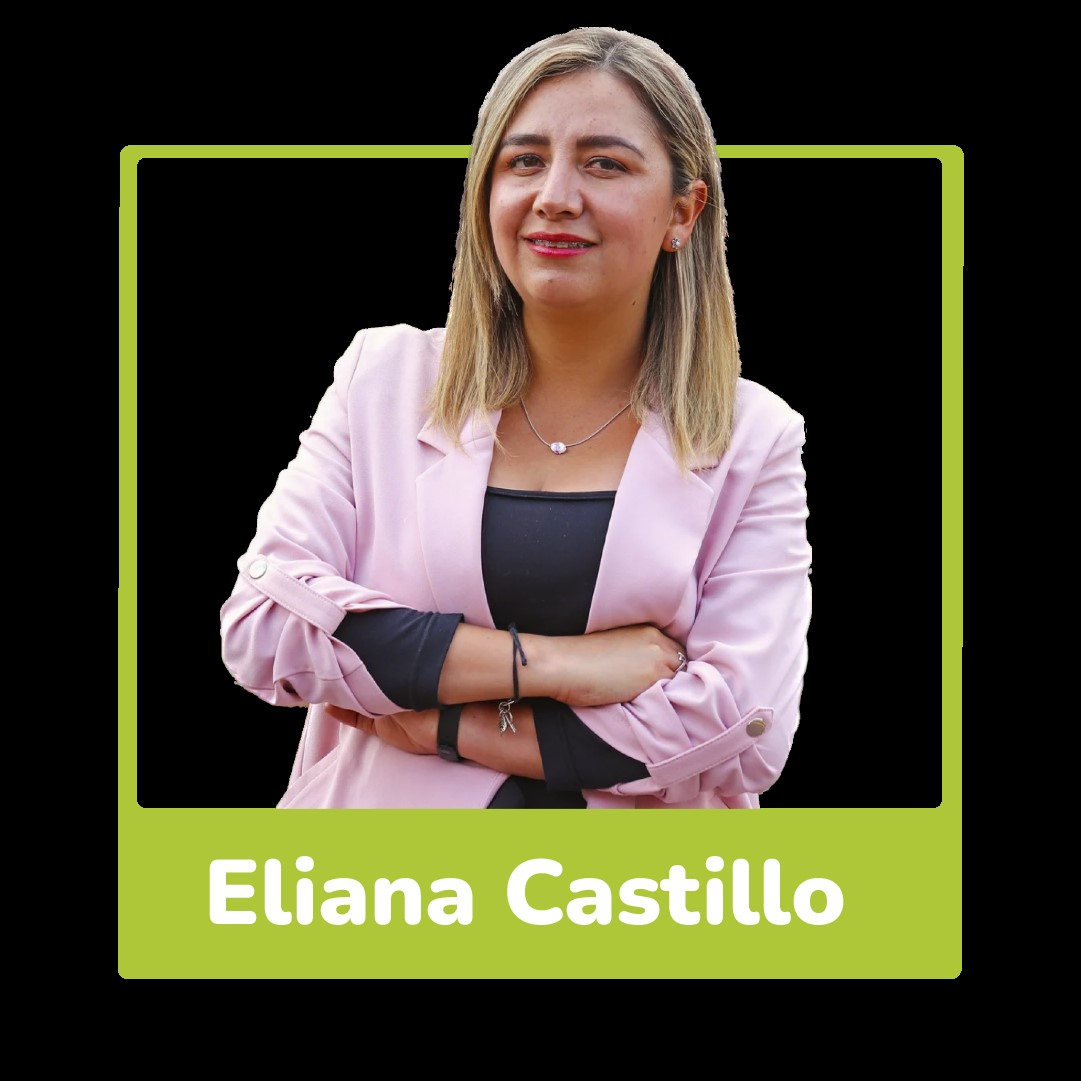By Eliana Castillo Rodríguez
Youth Involvement Coordinator GOYN-Bogotá
In the last two decades, we have witnessed a constant flow of protests led mainly by young people. And although their importance in this crucial stage of development has often been underestimated, history shows us that their active participation can have a significant impact. Historically, government policies have rarely focused on programs aimed at youth, until they themselves, as protagonists, led the Seventh Ballot Movement in 1991, a historic event that resulted in the 1991 Constitution. This event paved the way for more active and meaningful participation in decision making.
This evolution has promoted greater participation in the civic sphere and has established the expectation that spaces be created where young people can freely exercise their youth citizenship, as defined in the Youth Citizenship Statute (Law 1622 of 2016 and Law 1885 of 2018), which recognizes their full development in the civil or personal, social and public spheres, as well as the effective enjoyment of their rights, according to international treaties and the adoption of public policies for their realization and strengthening.
As a Global Network, we understand and recognize the vitality of youth involvement in the formulation, co-creation, review and evaluation of programs that benefit young people in their three trajectories: education, training and intermediation to formal employment. That is why we focus on understanding the perspectives, aspirations, ideas, needs and emotions of young people with potential, thus establishing a body within the governance of GOYN, who, as the Youth Advisory Group (GAJ), are the ones who help us. They allow an authentic reading of the situations they face in the city. The experiences of the GAJ members are reflected in the Young People with Potential 2023 Report.
Highlighting the main findings that represent the greatest barriers to access opportunities and that the GAJ has prioritized in the development of its youth agenda:
1. Mental and physical health, which 75% of the young people surveyed consider the main factor that influences their quality of life. The GAJ is currently leading the construction of a mental health committee (“first aid” strategy) for young people in schools.
2. Early motherhood that can limit access to training and formal employment opportunities, since 1 in 2 young mothers had their first child at age 18 or earlier.
3. Housework and care work, which limit access to opportunities for women, since more than 60% of women dedicate more than 3 hours a day to these tasks compared to 30.4% of men.
4. The lack of economic resources, given that 52.8% of the young generations affirm that they face difficulties due to the lack of economic resources when it comes to accessing opportunities.
In an increasingly competitive and constantly evolving world, access to education, training and employment is essential for the personal and professional development of young people, as well as the full exercise of their Youth Citizenship; However, economic, social, and educational barriers can often limit these opportunities. This is where youth involvement in program strategies becomes relevant, as it not only empowers young people, but also enriches policies and projects designed to expand opportunities in these vital fields.
The fact that 31.1% of the 1,868,390 young people in Bogotá, according to the Young People with Potential 2023 Report, cannot access training or formal employment opportunities, which is equivalent to approximately 581,458 young people with potential, is not a matter minor. Despite public policy attempts to include young people and expand their opportunities, there is still a notable insufficiency compared to the growing number who gradually become part of this potential.
The power of youth involvement:
Youth involvement in GOYN takes on crucial significance. It refers to the active and significant participation of young people in the planning, implementation and evaluation of programs and policies that directly affect them. This approach not only gives them a voice, but also recognizes their unique knowledge, experiences and perspectives; when they become active participants in the formulation of strategies, these are more likely to be effective, relevant and sustainable in the long term.
Furthermore, it is a process through which the GOYN team can understand and critically analyze the generalities and specificities they face in the city. Seeing young people simply as a homogeneous group with common characteristics would be reductionist and limiting in our mission.
Challenges and learnings:
The challenge lies in the fact that there are more and more allies, companies, public sector entities and other actors in the ecosystem who share the desire to carry out true critical analyses. These analyzes must serve as a basis for building programs, projects and services that adjust to the realities that young people live, cover their needs and at the same time the goals of the private sector. This collaborative and empathetic approach will be essential to genuinely impact their lives and pave the way toward a more equitable and enriching future.
Source: https://goynbogota.com/el-potential-del-involucramiento-juvenil/






